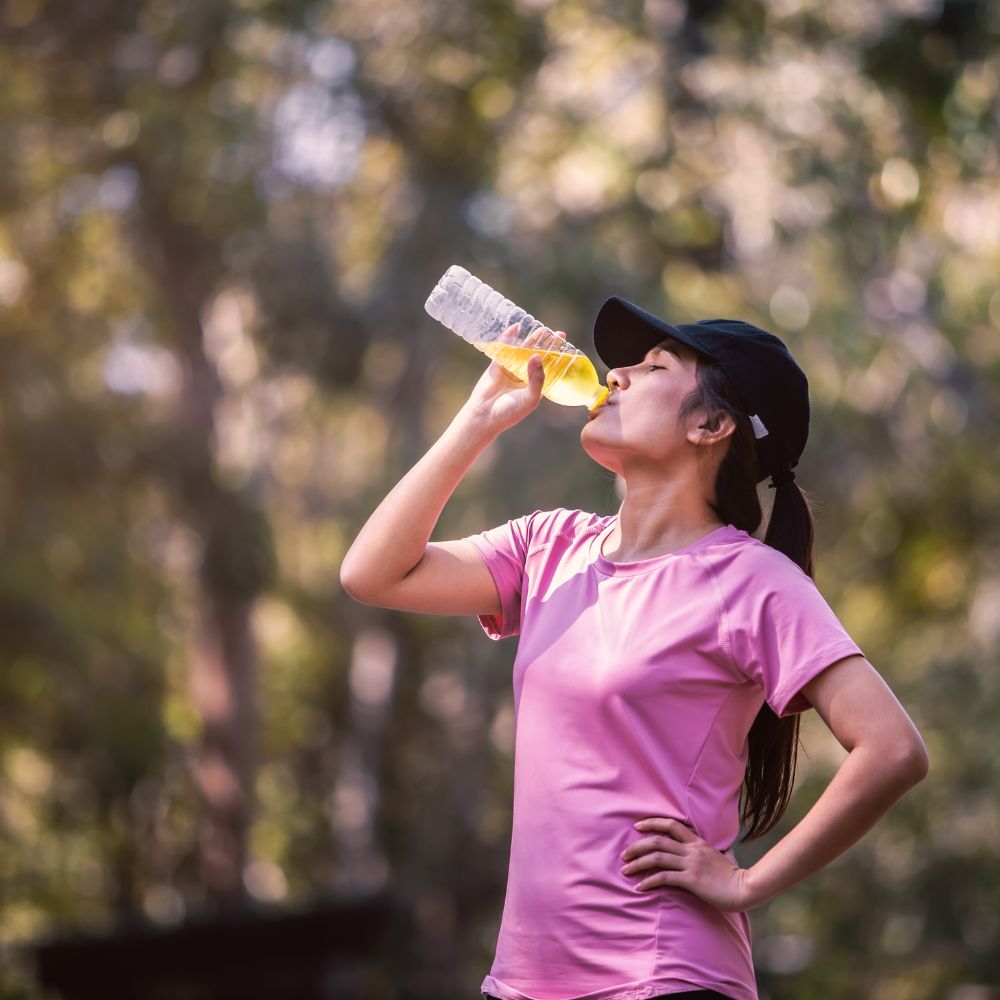Electrolyte Drinks
Electrolyte drinks are beverages designed to replenish minerals lost during physical activity, particularly through sweat. They typically contain a mix of essential electrolytes, such as sodium, potassium, calcium, magnesium, and chloride. These minerals play a crucial role in hydration, nerve function, and muscle contraction.
Key Features:
- Hydration Focus: Primarily designed to maintain fluid balance and hydration.
- Electrolyte Content: Formulated with a balance of electrolytes to replace those lost during exercise.
- Lower Sugar: Many electrolyte drinks have lower sugar content compared to energy drinks.
Energy Drinks
Energy drinks, on the other hand, are formulated to provide a quick boost of energy and mental alertness. They typically contain high levels of caffeine, sugar, and other stimulants, along with additional ingredients like taurine and B vitamins. While they may offer temporary energy boosts, they are not primarily focused on hydration or electrolyte replenishment.
Key Features:
- Energy Boost: Designed to increase energy levels and mental focus.
- High Caffeine Content: Often contains significant amounts of caffeine.
- Sugar Levels: Many energy drinks are high in sugar, which can lead to quick energy spikes followed by crashes.
Key Differences
- Purpose:
- Electrolyte Drinks: Aim to replenish electrolytes and maintain hydration during and after physical activity.
- Energy Drinks: Focus on providing a quick boost of energy and alertness.
- Ingredients:
- Electrolyte Drinks: Contain electrolytes like sodium and potassium, with little or no caffeine.
- Energy Drinks: Often include caffeine, sugar, and other stimulants, with minimal electrolytes.
- Sugar Content:
- Electrolyte Drinks: Generally lower in sugar, making them a better choice for hydration without excessive calories.
- Energy Drinks: Frequently high in sugar, contributing to calorie intake and potential energy crashes.
- Health Considerations:
- Electrolyte Drinks: Typically safer for hydration during exercise, especially for endurance athletes.
- Energy Drinks: Can lead to jitters, increased heart rate, and potential dehydration if consumed excessively.
Which Electrolyte Drinks Are Best?
Based on research and consumer feedback, several electrolyte drinks stand out for their effectiveness and formulation:
1. Gatorade
Gatorade is one of the most recognized brands in sports drinks. It contains a blend of electrolytes and carbohydrates to help replenish lost fluids and energy during intense exercise.
2. Nuun Hydration
Nuun tablets are effervescent electrolyte supplements that dissolve in water. They contain a balanced mix of electrolytes without added sugar, making them a convenient and low-calorie option.
3. Pedialyte
Originally designed for children to prevent dehydration, Pedialyte is effective for adults as well. It contains a balanced ratio of electrolytes and is lower in sugar than many traditional sports drinks.
4. Coconut Water
A natural alternative, coconut water is rich in potassium and provides hydration with fewer calories and less sugar compared to many sports drinks. It’s a great choice for post-workout recovery.
5. Tailwind Endurance Fuel
Tailwind is designed for endurance athletes and contains both carbohydrates and electrolytes. It provides a steady energy source without gastrointestinal discomfort during long-duration activities.
Conclusion
In summary, electrolyte drinks and energy drinks serve different purposes, and one is not inherently better than the other; it depends on individual needs and activity levels. Electrolyte drinks are superior for hydration and electrolyte replenishment, especially during and after physical exertion. On the other hand, energy drinks can provide a quick energy boost when needed.
For optimal hydration and performance, choosing a well-formulated electrolyte drink is generally the better option, particularly for athletes and active individuals. Always consider your specific needs and activity levels when selecting a beverage, and consult with a healthcare provider if you have any concerns about your hydration or energy levels.

